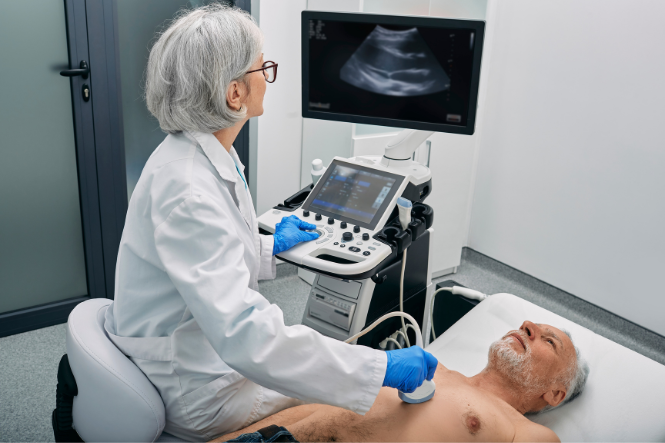Flecainide is used to treat irregular heartbeat (also called arrhythmia). An irregularity in your heartbeat can cause your heart to skip a beat, beat unevenly or beat very fast or very slowly. Arrhythmias can put you at risk of a heart attack or stroke.
In Aotearoa New Zealand, flecainide is available as:
- immediate–release tablets (50 mg and 100 mg)
- slow–release capsules (100 mg and 200 mg)
- oral liquid (20 mg in 1 ml and 25 mg in 5 ml)
- an injection that's used in hospitals.






